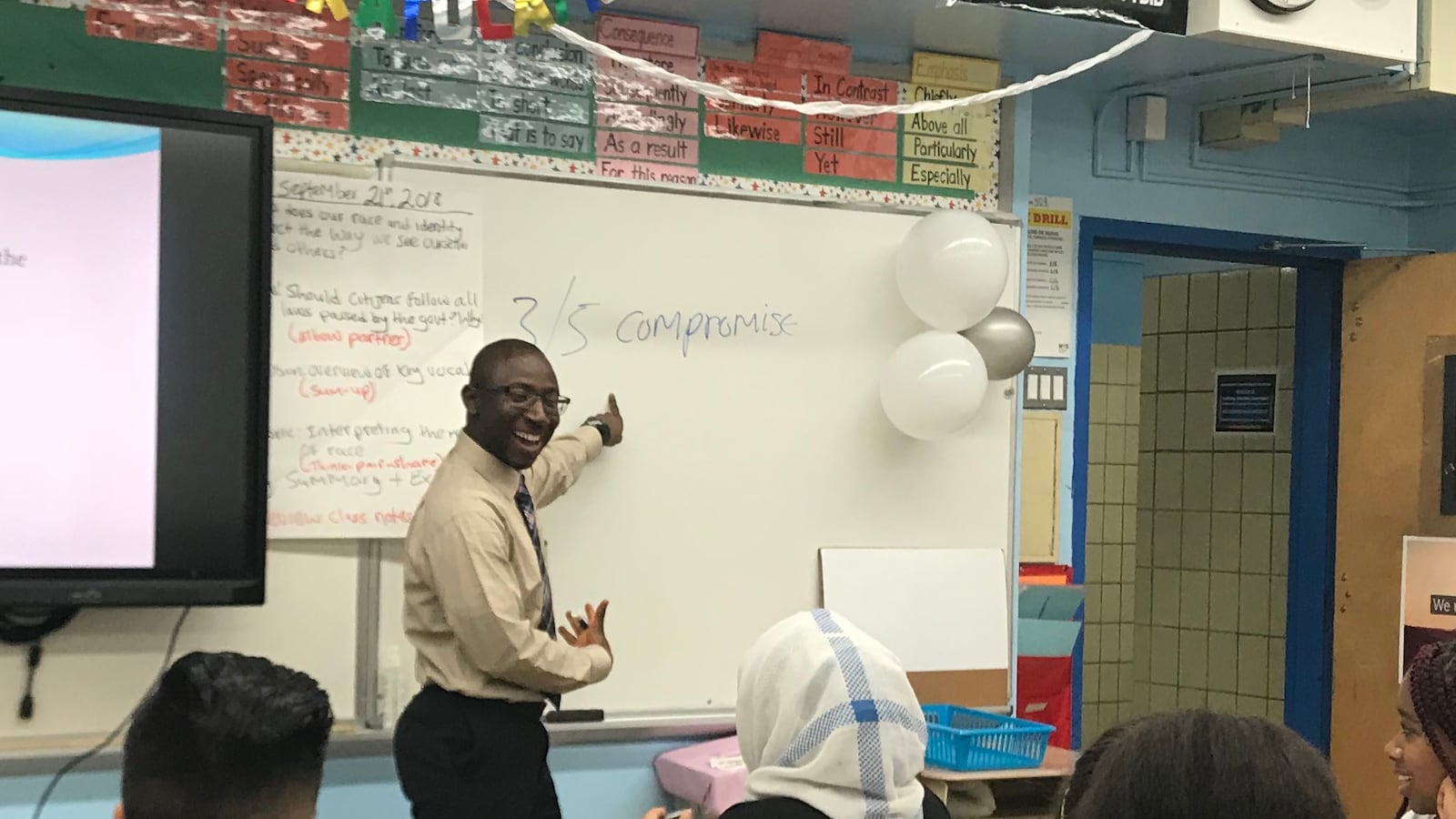State education officials want Gov. Andrew Cuomo to waive teacher and principal evaluations this year, as the coronavirus has forced extended school closures that could last through June.
Every year, school and district leaders are required by state law to observe and review teachers and principals, and these evaluations can affect tenure decisions and trigger firings.
Classroom observations and school visits are factored in. So too is student performance on grades 3-8 state tests, though as of last year, districts can instead use other approved measures of achievement. (New York City schools can choose from a list of alternative student assessments and performance measures that do not include reading and math state test scores.)
But campus closures across the state could make these reviews impossible to complete, “since state assessments have been suspended this year and many observations may not be able to be conducted before the end of the school year,” state officials wrote last week in a memo to the Board of Regents.
First reported by Spectrum News, the state education department is asking Cuomo to sign an executive order waiving the reviews, known formally as Annual Professional Performance Reviews.
The governor’s office did not immediately comment. On Monday, an education department official said the agency is not aware of the governor signing such an order yet.
Waiving the review could be welcome news for educators and their supervisors in New York City, who are in their fourth week of navigating an unprecedented transition to remote teaching and learning, with teachers and students adapting to online lessons and to changing guidance about which communications platforms they’re allowed to use.
The state and city’s teachers unions support suspending evaluations this year, according to officials from both unions.
“I think many, many teachers are not even in a place where they are remotely thinking about being observed right now,” said Kim Dempsey, a chemistry teacher at East Side Community High School in the East Village.
But those who strongly support evaluating teachers based on student performance could see things differently. Some may “expect that accountability to continue even in the absence of state tests,” said David Bloomfield, an education professor at Brooklyn College and the CUNY Graduate Center.
Reviewing teachers virtually could be tricky, and would require figuring out what school leaders would observe. Teachers would rather spend time figuring out how to provide services for families — such as counseling for a nonverbal child with autism — than adapt to a virtual evaluation system, said Michael Mulgrew, president of the United Federation of Teachers, which represents city educators.
Bloomfield wondered how a principal would determine a teacher’s effectiveness “or lack of.”
“I think that becomes even more difficult in an online environment where we don’t have data points, and the Danielson rubric doesn’t work,” Bloomfield said, referring to the model used to evaluate teachers.
Chirstina Veiga contributed to this report.

